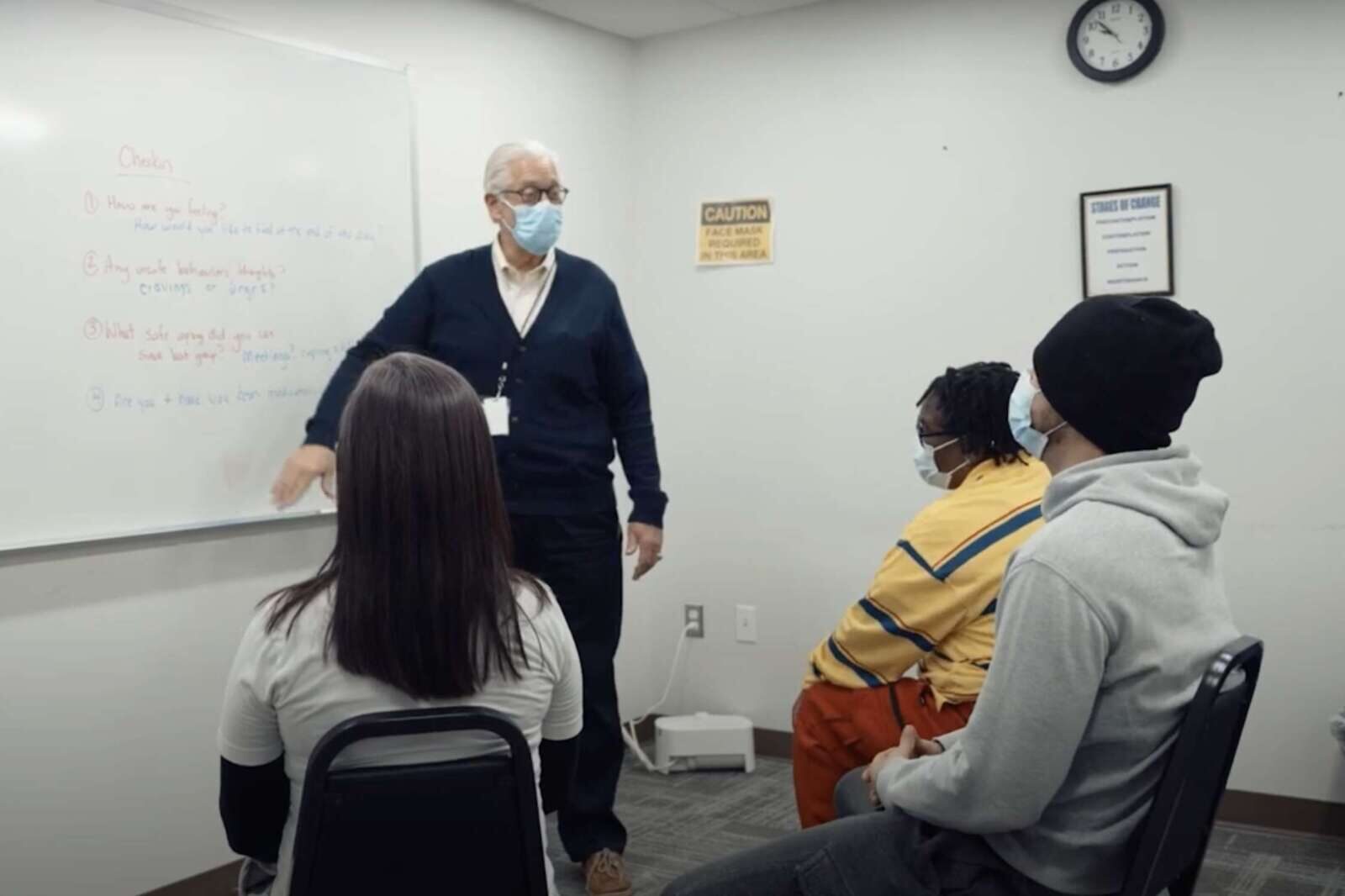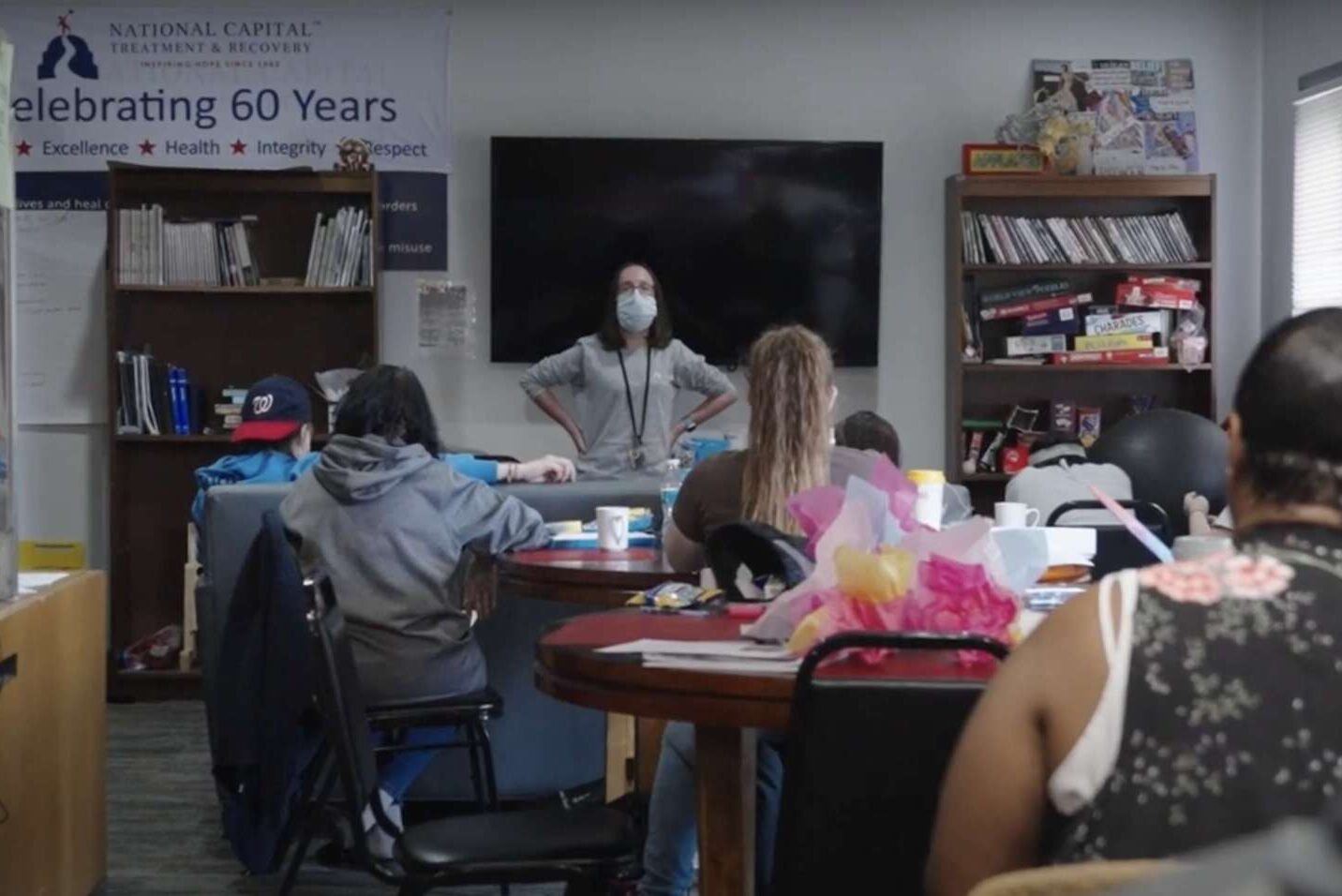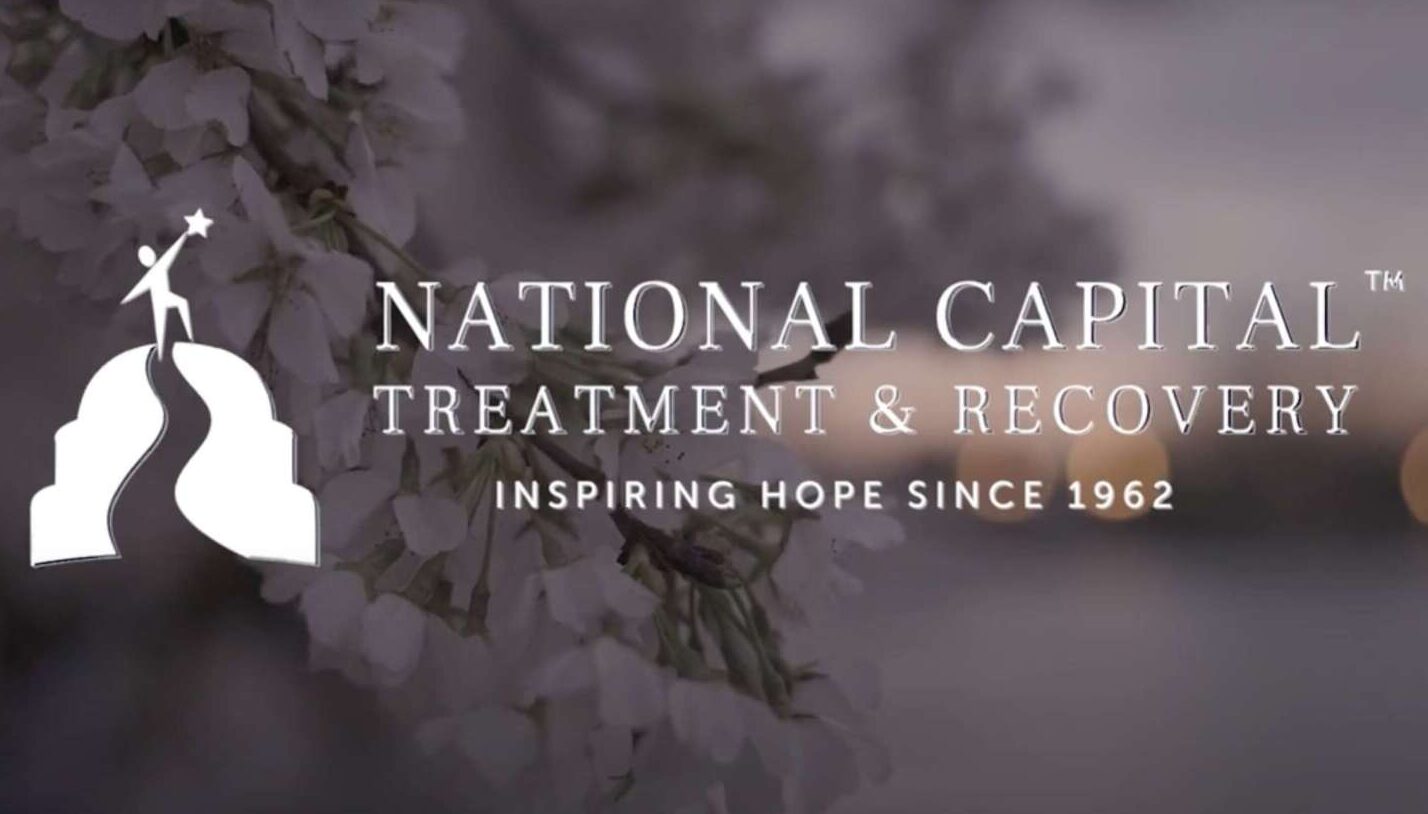Seven years after ending its substance use treatment options for youth, a local facility is poised to resume providing some outpatient services.
National Capital Treatment & Recovery CEO Debby Taylor tells ARLnow that Arlington County approached the center about providing therapeutic services to youth in the county after 14-year-old Sergio Flores fatally overdosed at Wakefield High School. The center has since obtained licensure to provide intensive outpatient and outpatient services and could be ready to debut its programming this spring.
“We had always hoped to get back in adolescent treatment, but we felt that we needed to do just the outpatient services at this point,” she said.
Since Flores died in late January, the county and Arlington Public Schools have mounted a “full court press” to address this issue, Dept. of Human Services Deputy Director Deborah Warren told the Arlington County Board during a joint work session with Arlington Public Schools this past Friday.
“The tragic loss of the 14-year-old has knitted the county and APS in a way we weren’t before,” Warren said. “I’m really impressed with the rapid response and the alignment on the urgency of the problem. We are developing all kinds of innovative ideas for how to help children and adolescents to address the emotional mental health crisis.”
In addition to the forthcoming contract with National Capital Treatment & Recovery, the county is looking to put DHS clinicians in high schools and work with neighboring jurisdictions to open a medicated withdrawal and treatment facility for adolescents. Arlington Addiction Recovery Initiative has ramped up training in the opioid reversal drug naloxone and the distribution of Narcan and fentanyl test strips.
“All staff members will be trained in the use of naloxone by the end of April,” APS Executive Director of Student Services Darrell Sampson told the County Boar. “Naloxone is available on all floors in secondary schools and we are exploring additional mental health education for school staff and high school students.”
Warren said fatalities from overdoses have reduced 40% through AARI’s training and distribution efforts.
“This is literally saving lives,” she said.
The number of fatal overdoses peaked in 2021 and has since decreased dramatically, Suzanne Somerville, the county’s bureau director of residential and specialized clinical services, tells ARLnow.
“AARI believes that it is related to the distribution and accessibility of harm reduction services,” she said. “The county has made a strong push to get Naloxone and Fentanyl Test Strips to anyone who is interested. We tracked the distribution of harm reduction tools and number of overdoses and extrapolate that there is a correlation between the two.”
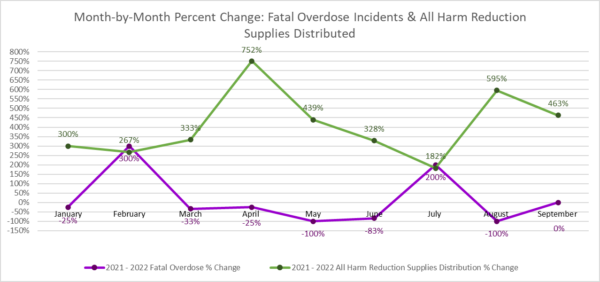
That said, AARI has noticed “a significant increase in younger people overdosing” related to pressed pills, she noted. There have been seven juvenile overdoses, of which one was fatal, seven juvenile Narcan uses and 17 total opioid incidents involving minors.
That is why DHS is focused on filling the gaps in substance use treatment for youth, beginning with National Capital Treatment & Recovery, with which Warren said her department is “on the cusp” of a contract.
“We have significant gaps in our system of care for substance use disorders in kids,” Warren said. “We have really developed these services for adults in the last five to six years, in response to the opioid crisis. We are working hard to develop contracts with vendors to fill in these gaps.”
Taylor anticipates opening in about a month, after finalizing the paperwork and hiring clinicians, preferably those who are bilingual. The county has offered to cover operating costs until the program is accredited and can take insurance reimbursements.
Once operational, DHS would screen Arlington teens and tweens and refer those who need therapy to NCTR staff, who will assess them and assign them to intensive outpatient services or outpatient services.
Intensive services would start at five days a week for two hours a day for 30 days. Hours would decrease to once or twice a week for an hour as students “graduate.”
NCTR will have capacity for 12 people in intensive outpatient and 12 in outpatient services, which will include lectures, check-ins, family and individual counseling and lessons in how to develop coping mechanisms. Medicine would be available for participants 16 years old and older.
The balance will be figuring out how to “play to the strenghts of adolescents without destroying the adventure of being an adolescent,” she said. “They’ve got to learn how to have fun without drugs.”
Figuring out what works will require trial and error, but Taylor is confident in who she has leading the program.
“I trust them completely,” she said. “I would trust them with my child, that’s the best thing I can say about anyone provides treatment.”
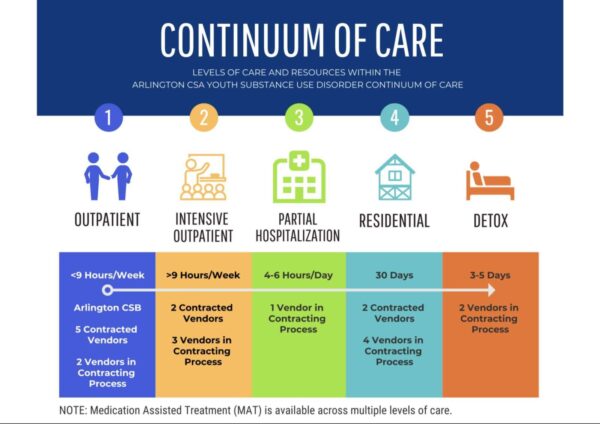
Warren, meanwhile, said this contract is just what is needed to fill the holes in treatment options for Arlington youth.
DHS and APS are looking to formalize a memorandum of understanding this summer to put four behavioral health therapists in the high schools — and middle schools, if needed — to provide therapy and case management.
“We’d like to start this in the fall if we could, if we have County Board support,” to the tune of $520,000, she said.
A third partnership is expected to come online spring or summer 2024. Arlington and neighboring jurisdictions are standing up a medical withdrawal and residential treatment facility, requiring a $7 million contribution from the county spread over five years.
That medicine is only authorized for teens 16 and older is an issue, Warren says, as the county sees children as young as 12 with opioid dependencies.
“What do we do about them? How do we safely detox those young people?” she asked rhetorically.
Warren says developing these new services is complex and will take time, but she is proud of the “significant collaboration” between APS and Arlington County and the community’s willingness to discuss addiction openly.
“Several years ago, we weren’t able to be as overt in our conversations about mental health and substance use,” she said. “The openness to have the conversation here in this community is significant.”


